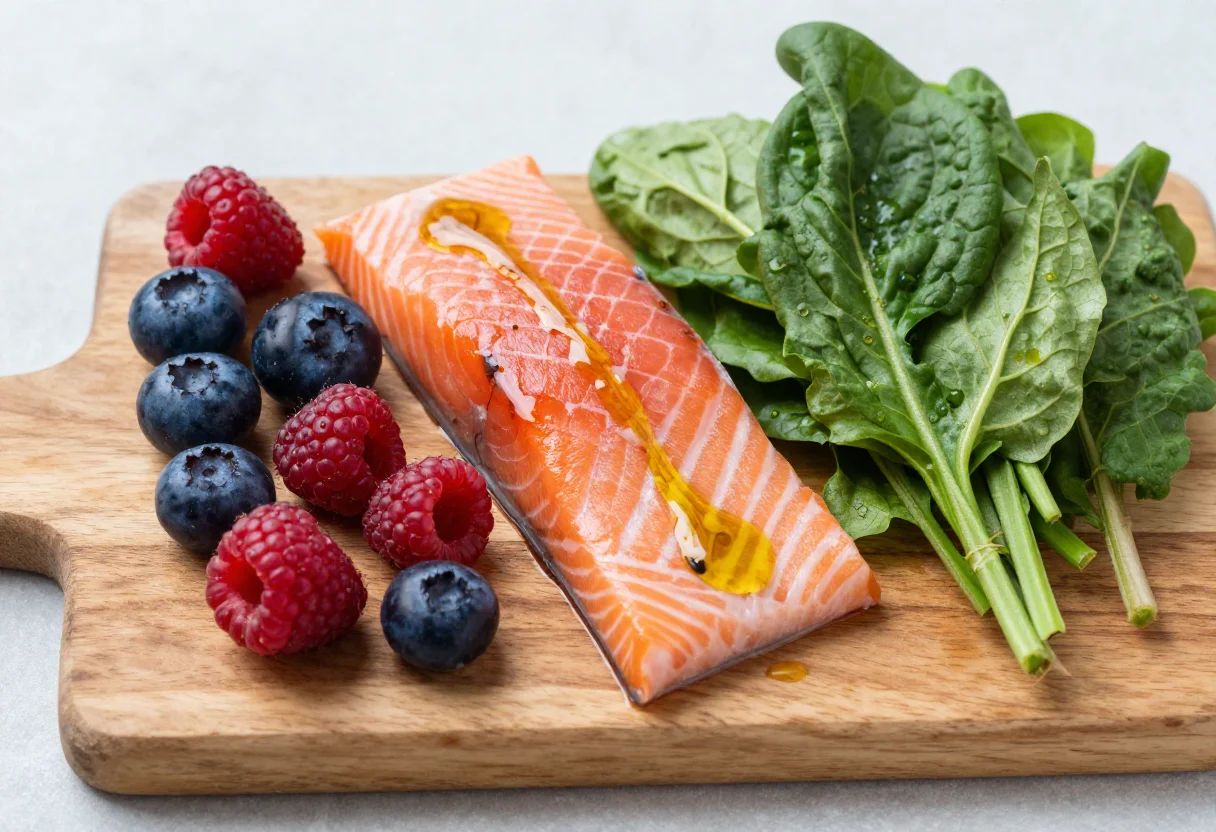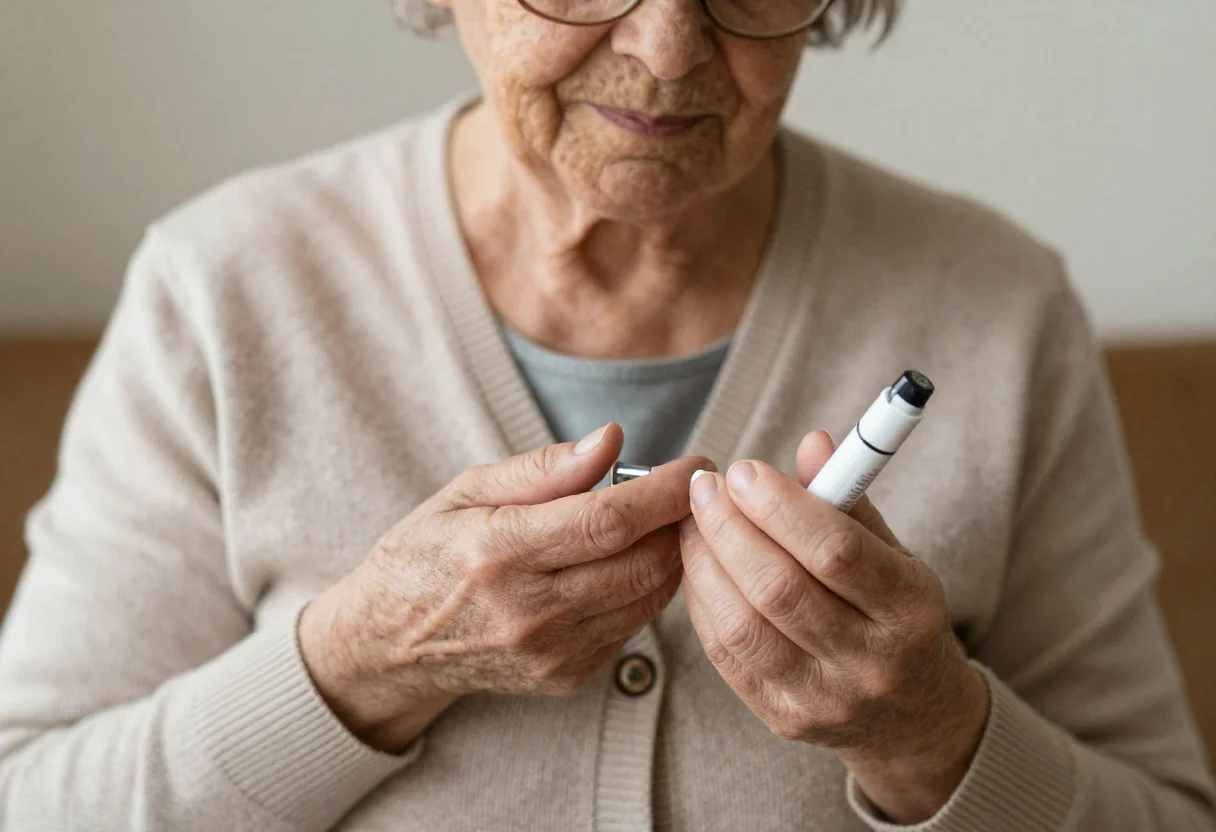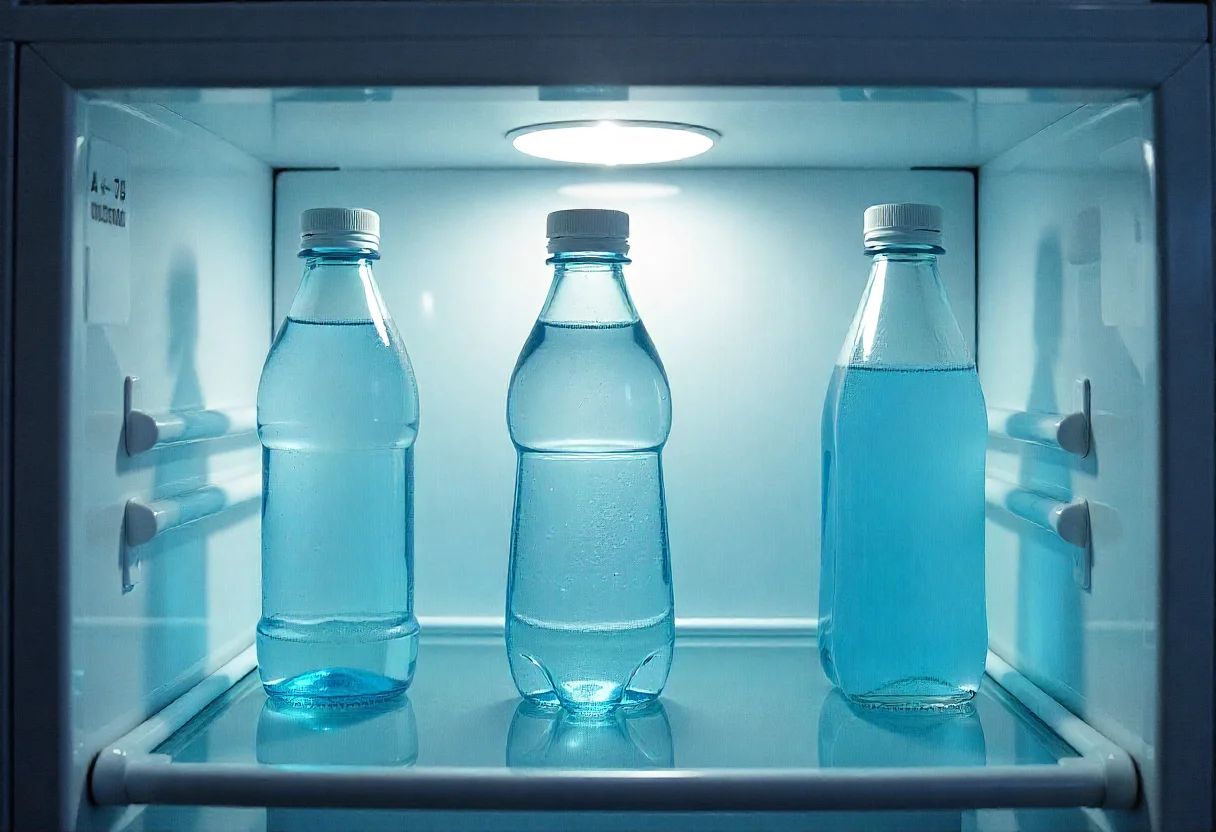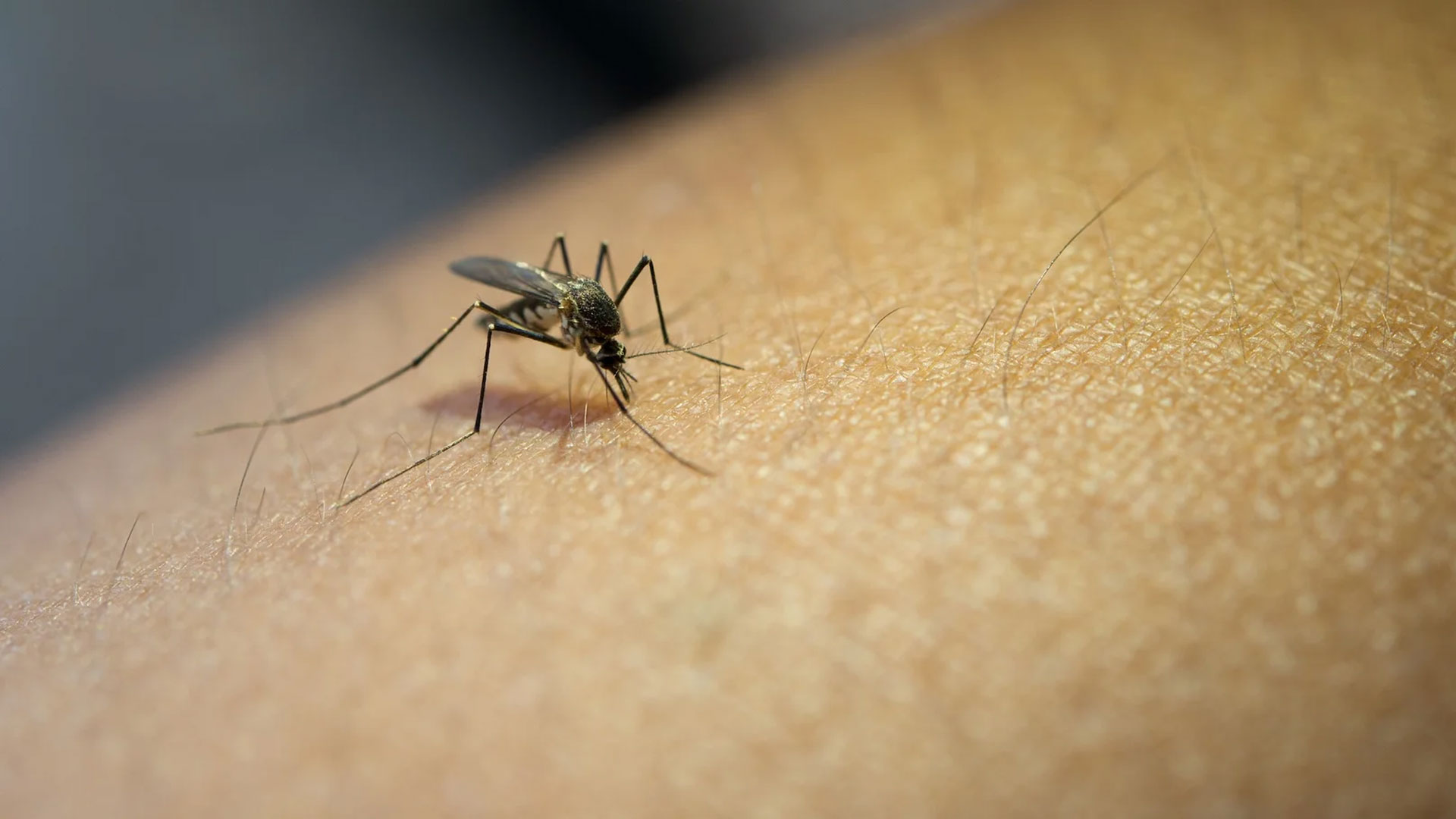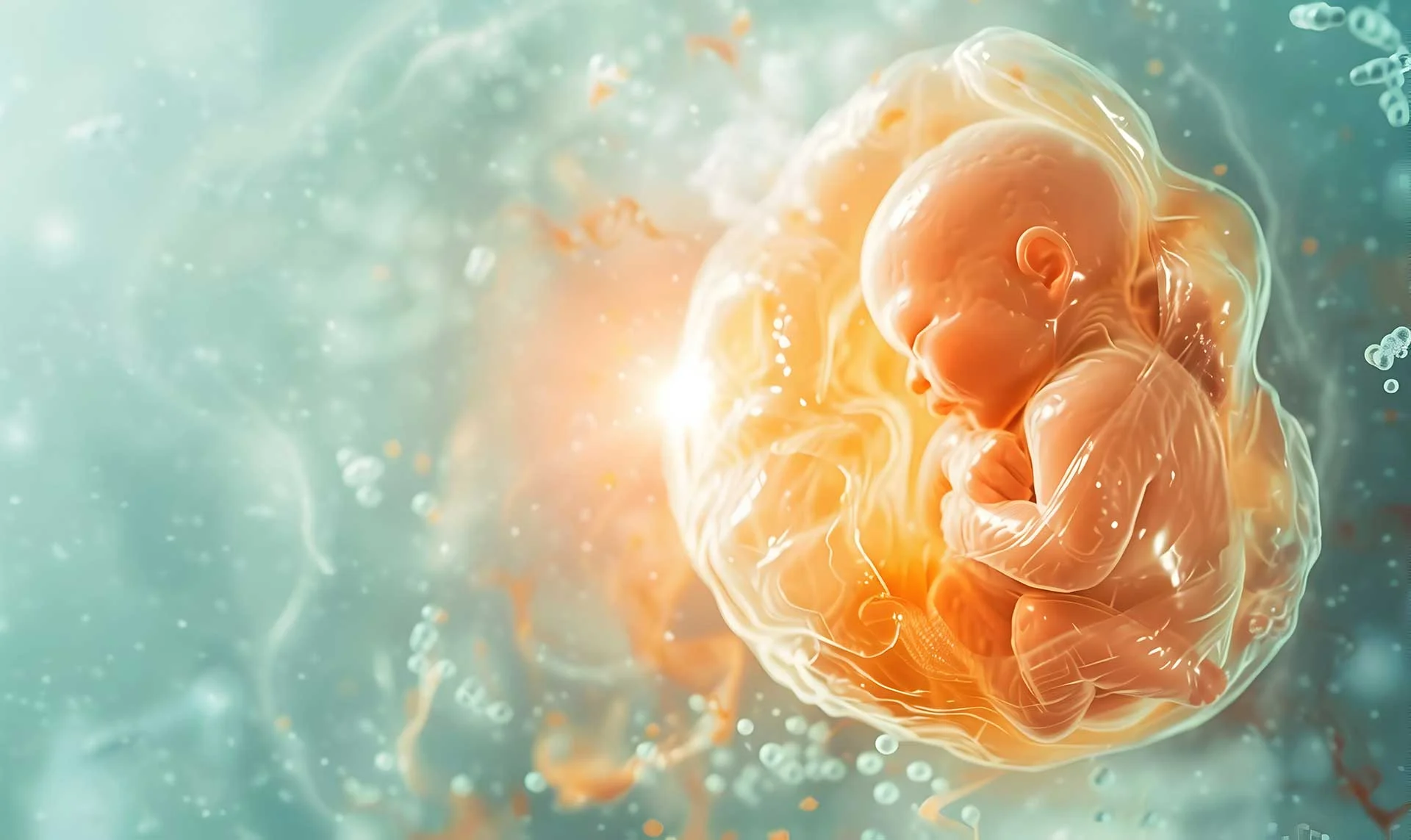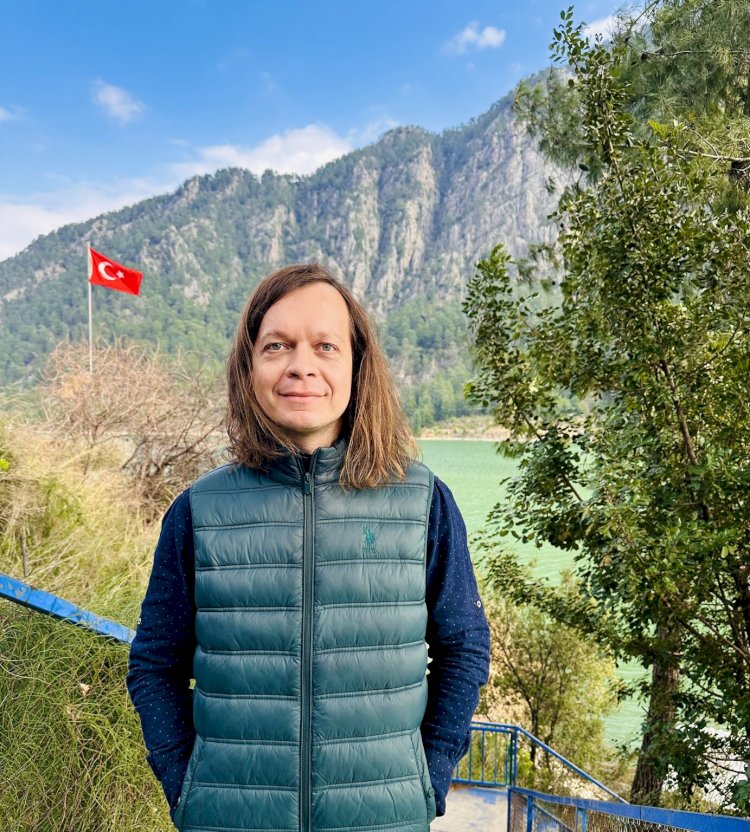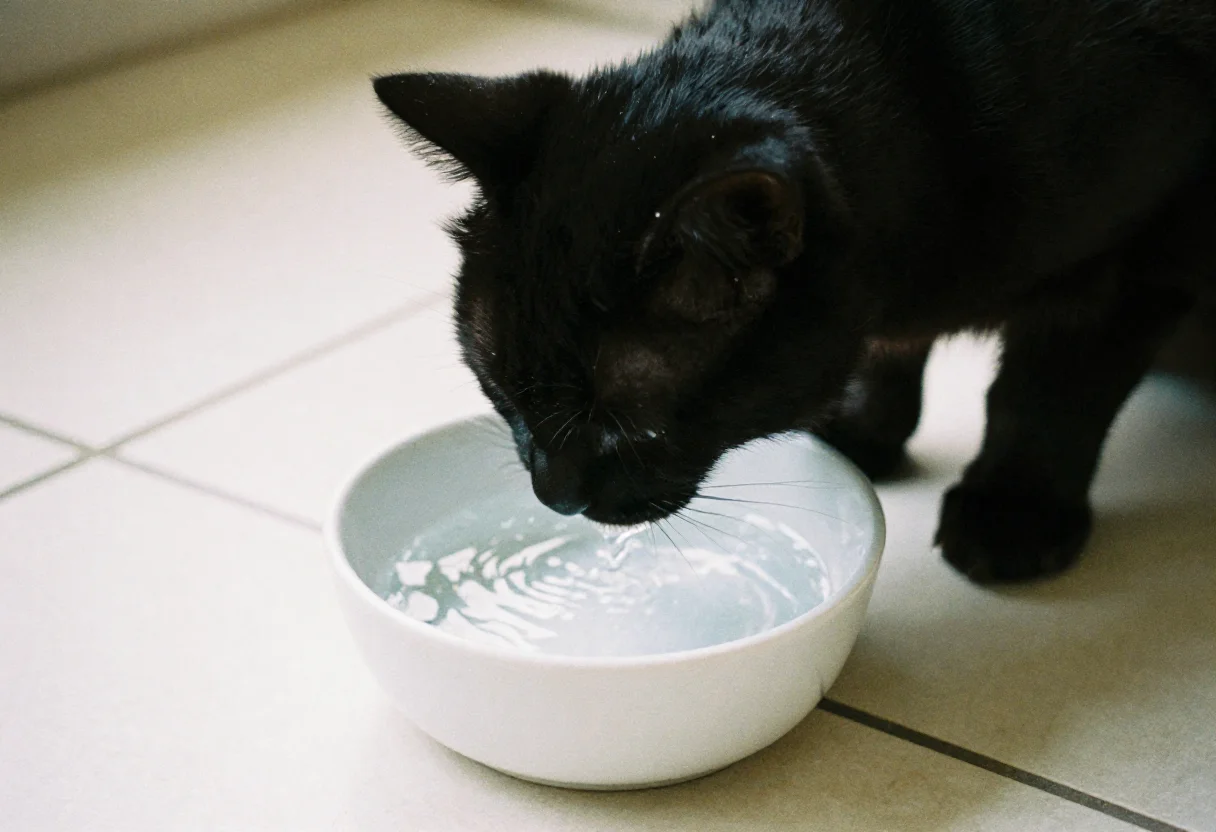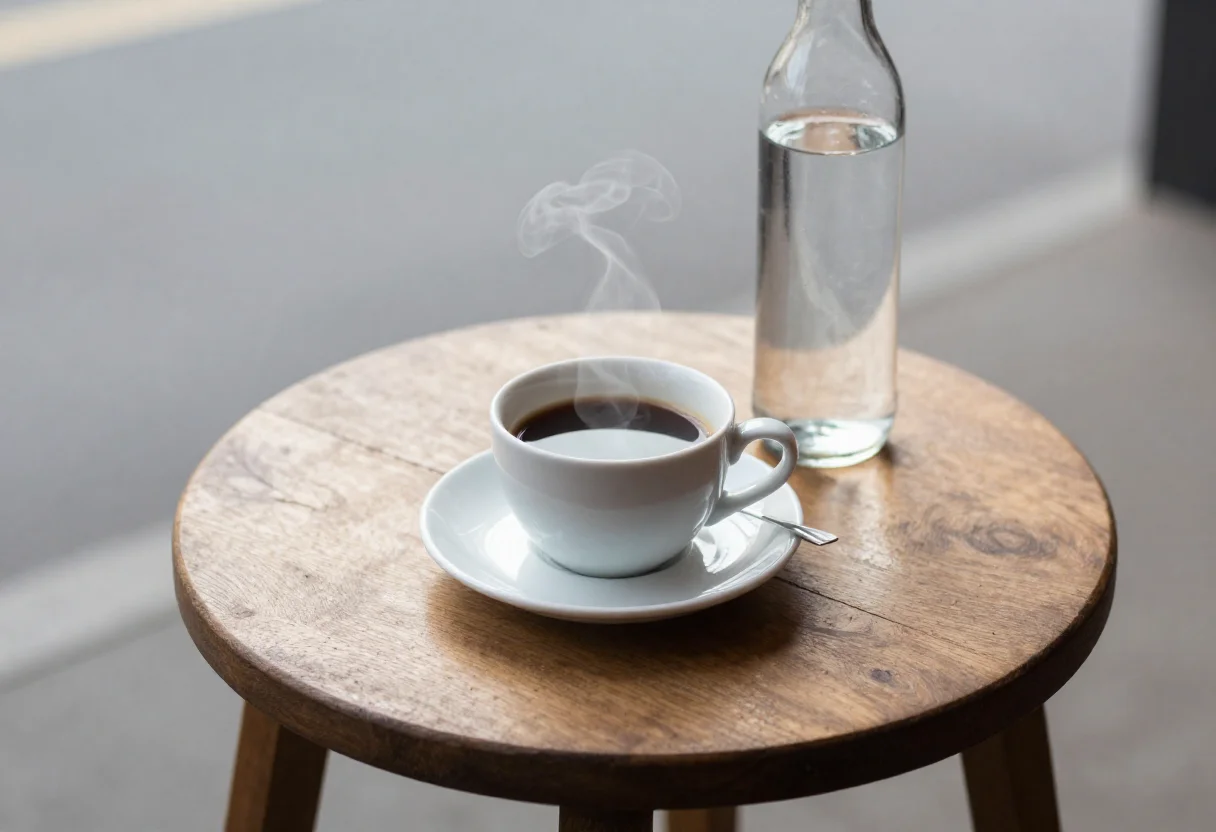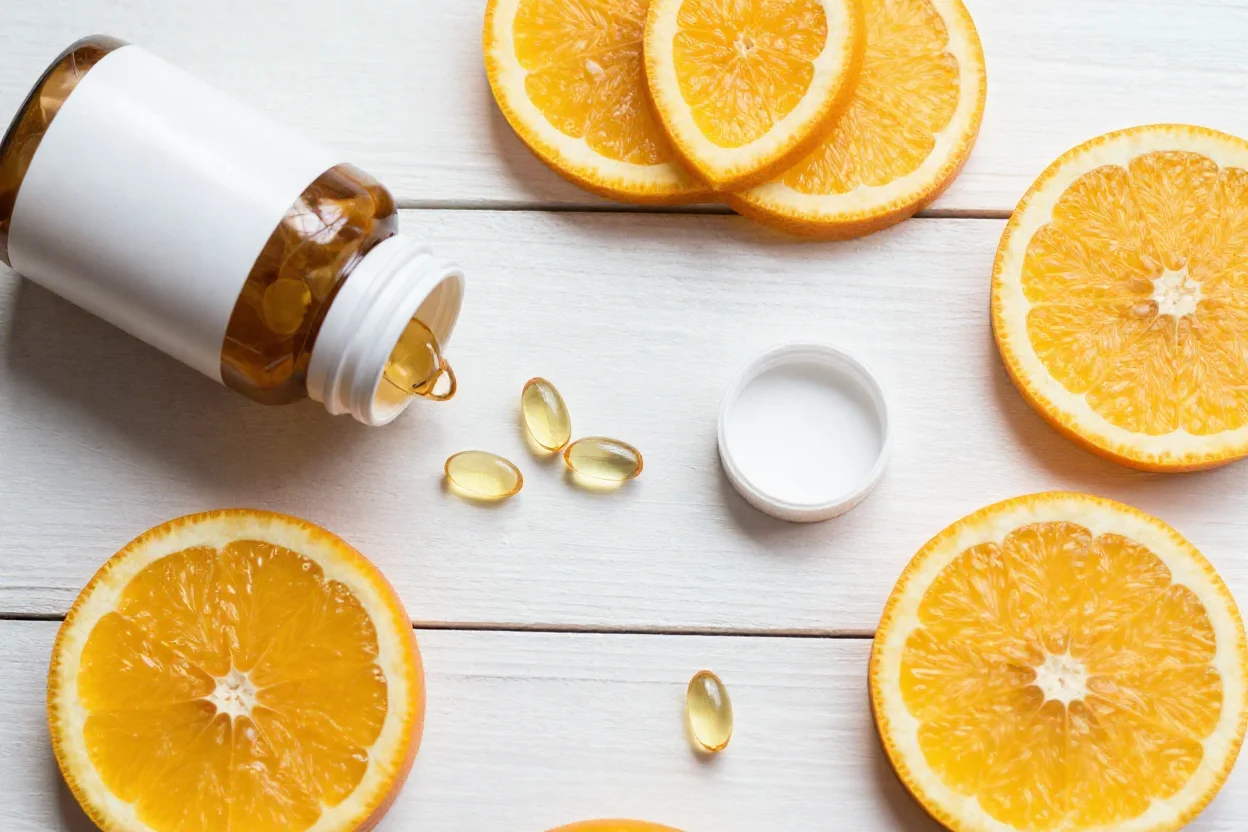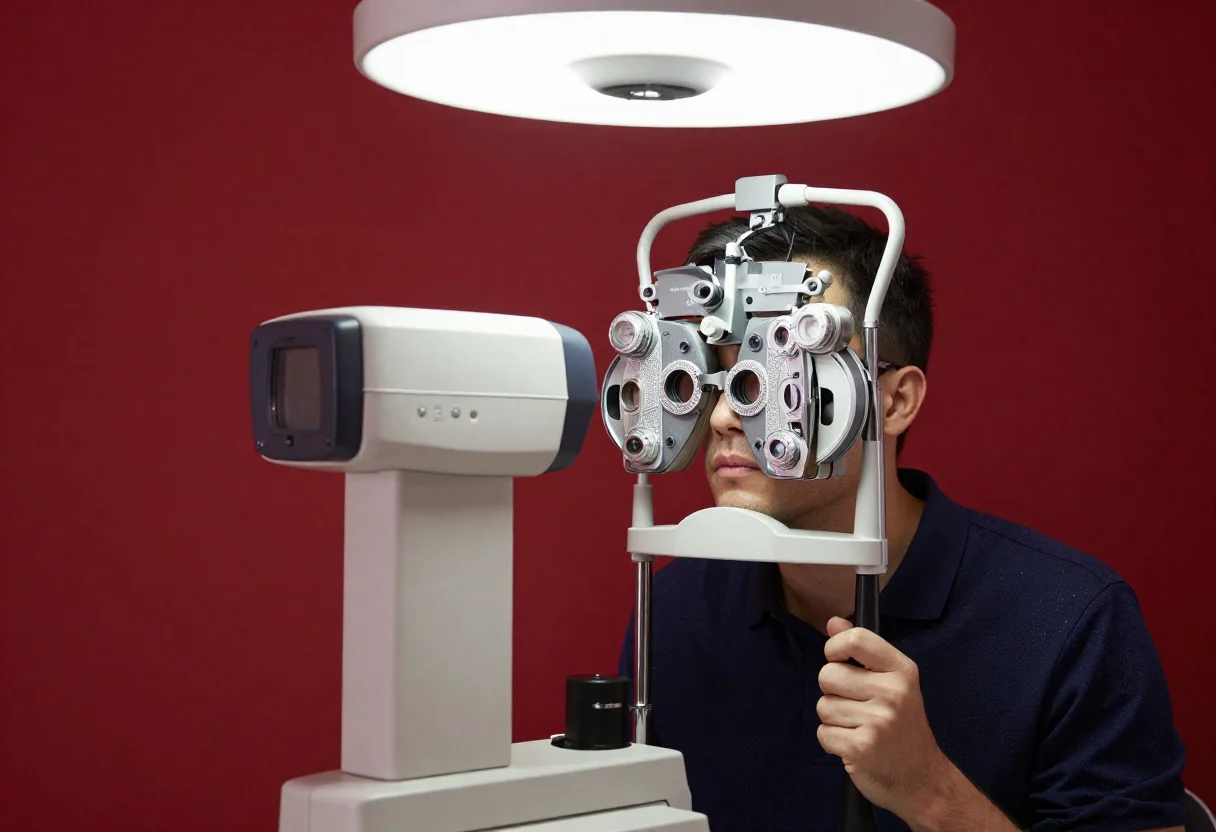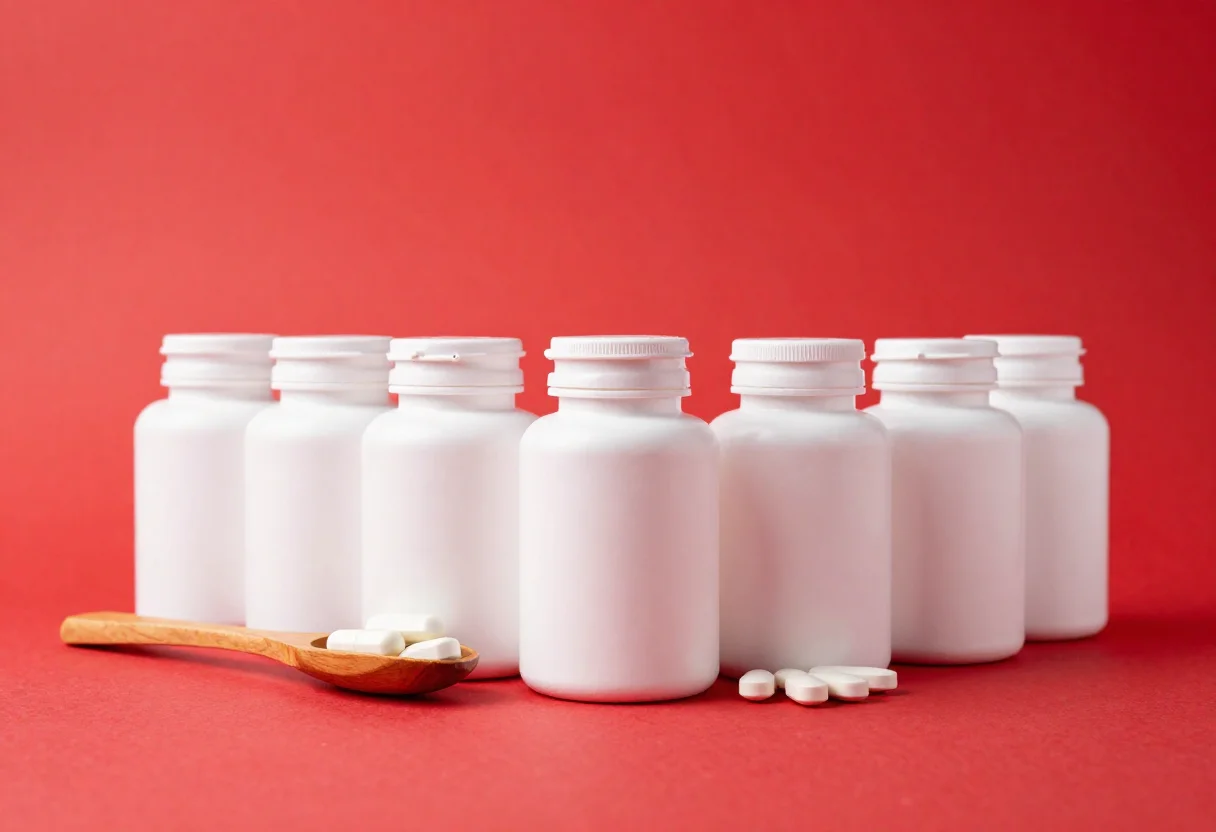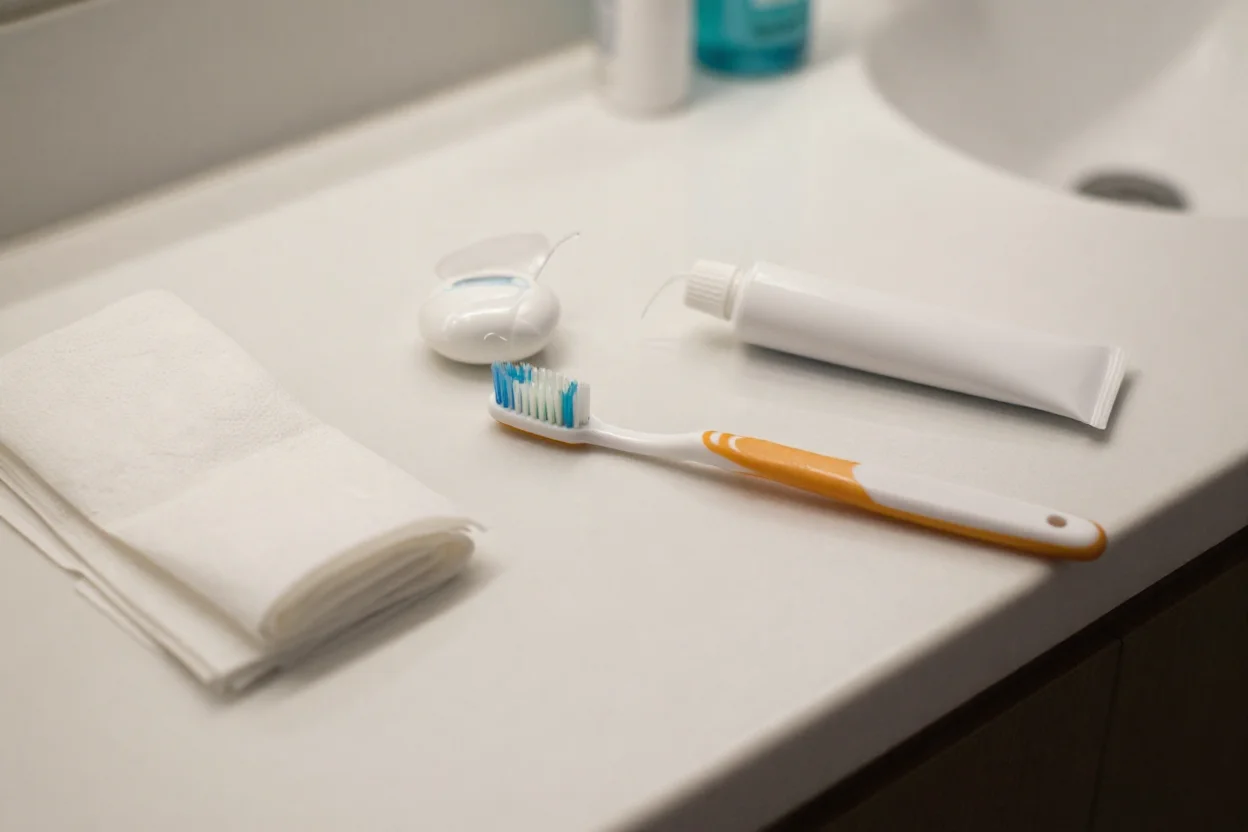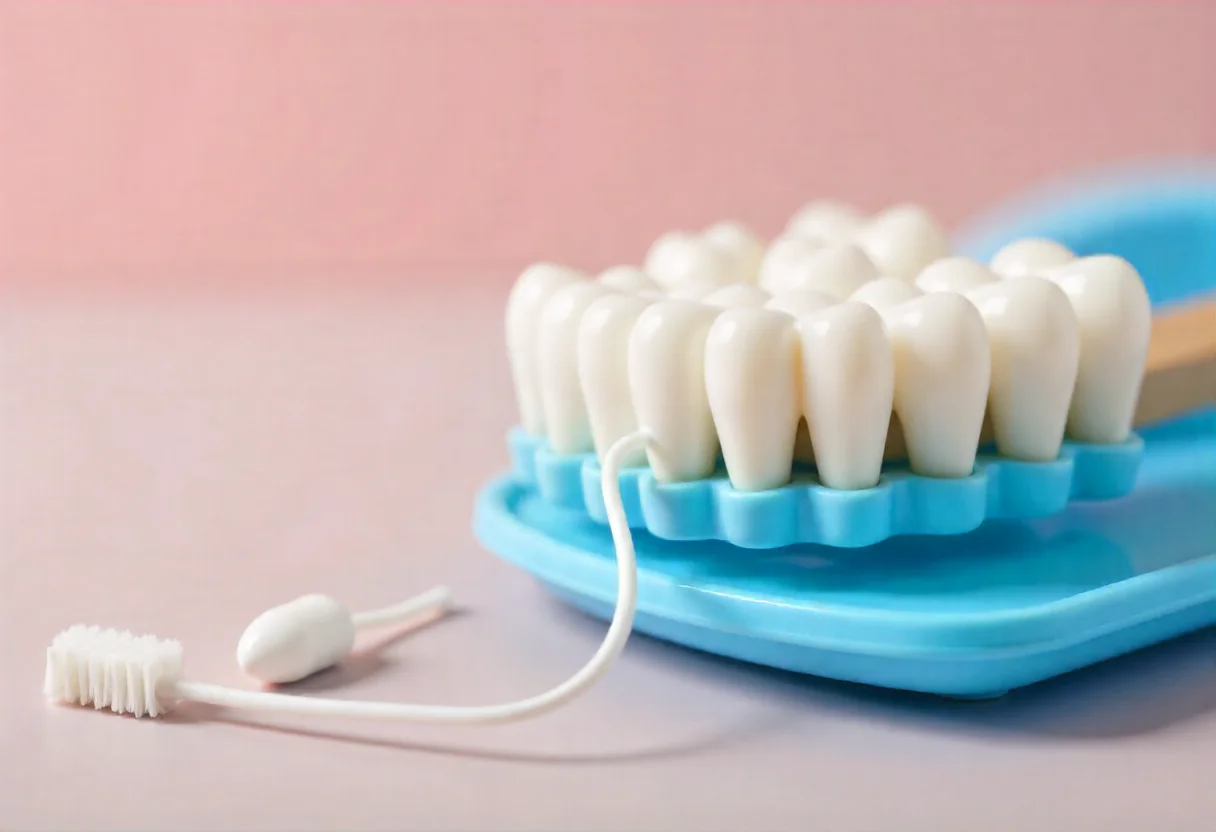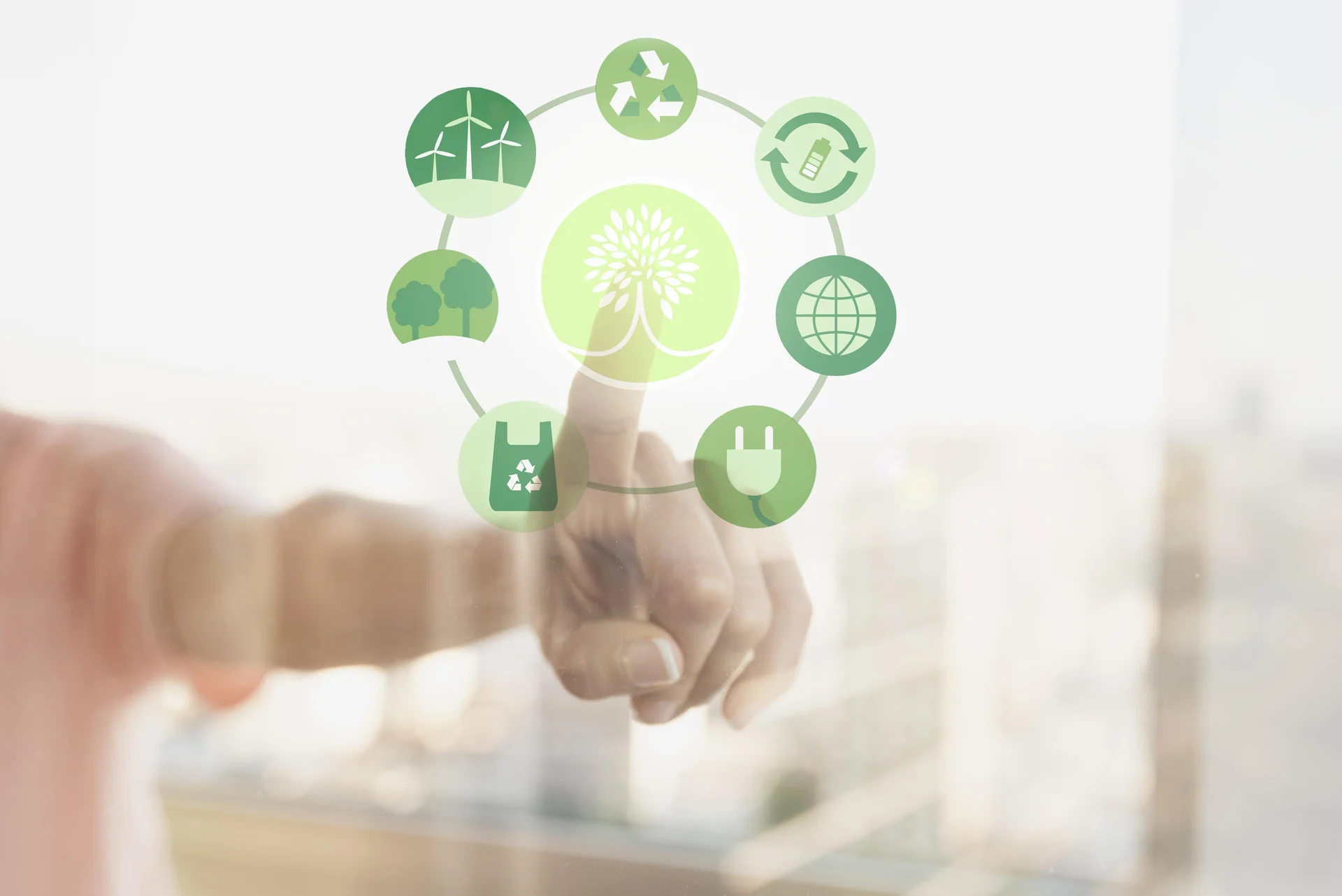
The thousands of examples provided thus far illustrate practical applications of advanced recycling, but fundamentally, they are part of what is known as "bioeconomy," which is the production-consumption model of the fifth industrial revolution. All activities are shaped under the umbrella of bioeconomy. Countries are establishing their "Bioeconomy Strategy Plans" under this umbrella, creating a massive system with millions of subcategories.
In order for Turkey to advance in the field of bioeconomy, the following steps can be outlined:
1. Development and Widespread Use of Plant Raw Material Drying and Effective Freezing Technologies:
Turkey should develop and widely implement innovative technologies for drying and effectively freezing plant raw materials. These systems should utilize renewable energy sources like solar and wind power, and Turkey’s abundant geothermal energy resources should not be overlooked. Drying systems can even be made mobile to provide portable solutions.
2. Plant Extraction Technologies Should Be Widespread:
Plant extraction should not be limited to antioxidants, but should also include volatile oils, fixed oils, plant proteins, fibers, and other components. Turkey can become one of the world’s leading centers in the production of plant extracts. This technology should be disseminated and awareness should be raised regarding how these extracts can be used in different products and in what dosages.
3. Learning and Implementing Bioreactor Technologies:
Turkey needs to gain a deep understanding of what can be produced in bioreactors, how it can be produced, and how to produce sustainable biological components. Enzyme production and various fermentation techniques can be made more efficient using bioreactors. Turkey must quickly prepare for the production revolution in bioreactors, a field that is advancing rapidly worldwide.
4. Implement Lean Engineering for Purification Technologies:
To achieve high purity levels of bioactive compounds obtained through plant extraction and bioreactors, purification technologies must be implemented efficiently. Turkey should establish Active Pharmaceutical Ingredient (API) facilities and expand beyond just pharmaceutical production. For example, facilities capable of purifying carnosic acid from rosemary or anthocyanins from aronia berries should also be established. There is a significant need for plant-based or bioreactor-based API production facilities.
5. Transition to Industrial Nanobiotechnology:
The world is preparing to transition to industrial nanobiotechnology. Components produced in API facilities or through bioreactor and extraction processes can be encapsulated using nanobiotechnology methods to increase their efficacy. Nanobiotechnology has the potential to significantly enhance the activity of these components at lower doses, ensuring their widespread use. Turkey needs to take strong steps in this field to further enhance bioeconomy processes.
In conclusion, the steps Turkey takes in the fields of bioeconomy and advanced recycling will not only support environmental and economic development but will also enable the country to integrate into the global biotechnological transformation process. These strategic steps will position Turkey strongly in biotechnological production processes and allow the country to play a leading role in bioeconomy.
